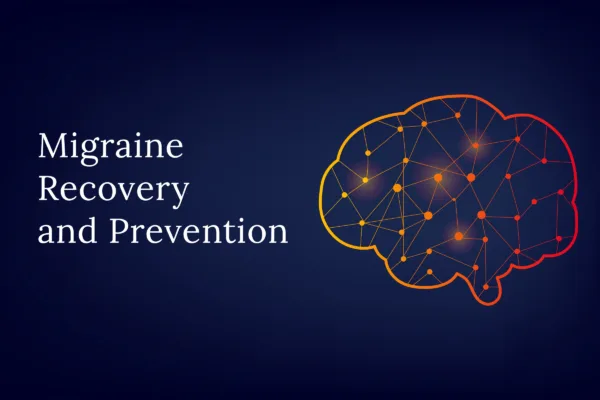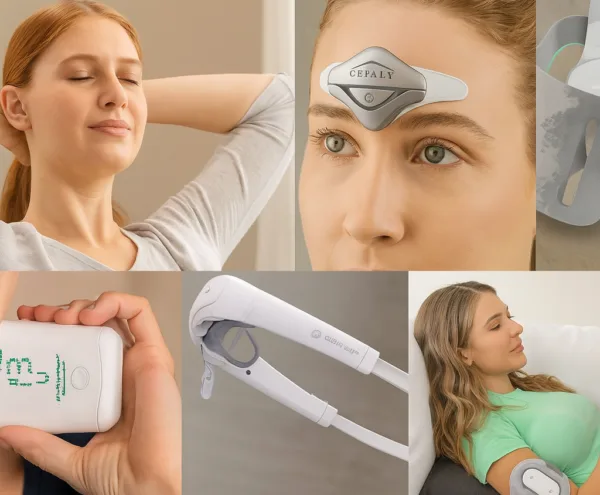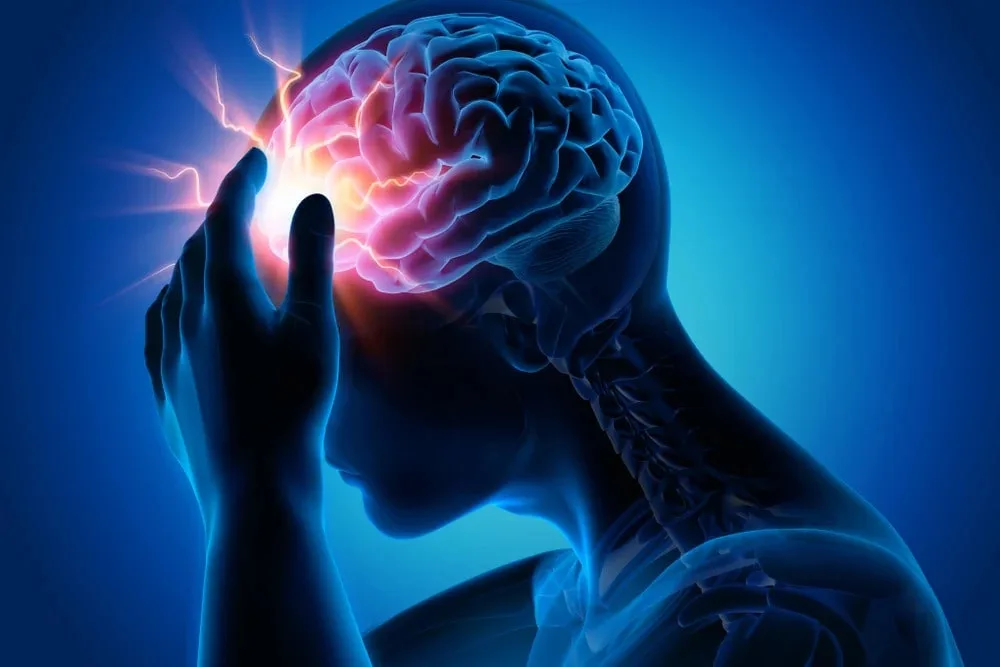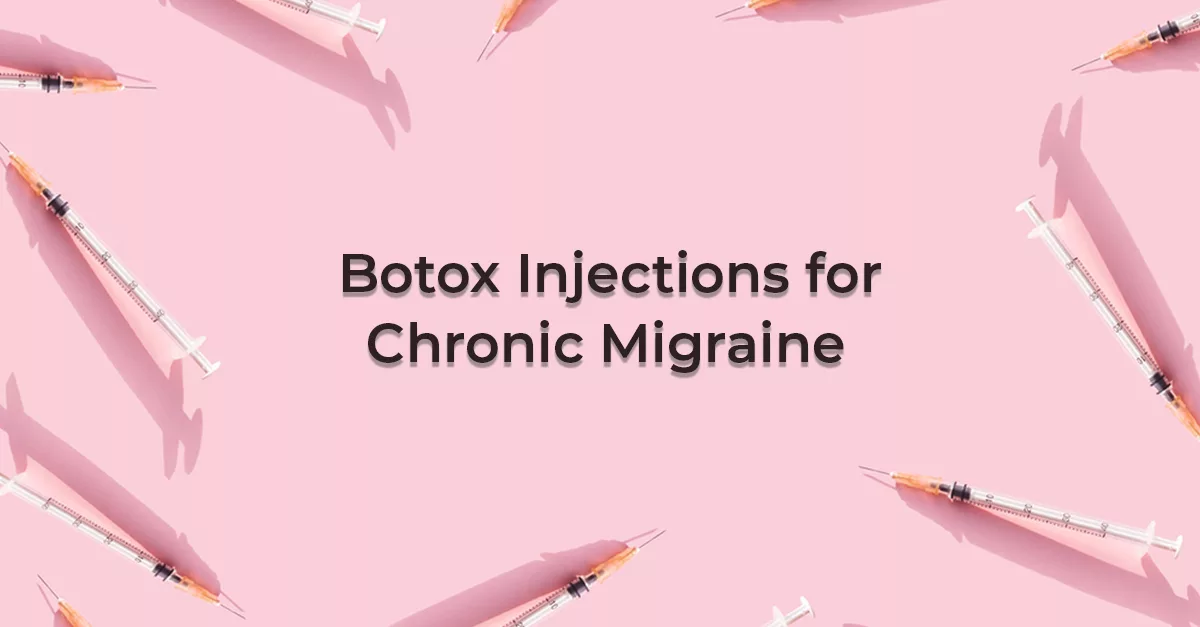Many factors can contribute to hormone headaches, including lifestyle, hereditary, and environmental factors. In addition, women often experience menstrual headaches due to hormone changes. Period headaches, also known as hormone headaches, menstrual migraine headaches, and PMS headaches, occur due to fluctuations in estrogen levels.
Menstrual migraines and headaches are most likely to occur during either the first two days leading up to a period or during the first few days of the period due to reduced estrogen levels during this time.
This article will discuss some of the leading causes, symptoms, treatment, and prevention strategies for menstrual headaches and migraines, as well as when to consult your doctor.
1. What are the causes of hormone headaches and migraines?
In addition to changing estrogen levels during the menstrual cycle, the following factors can also cause hormonal headaches and migraines:
- Hormonal contraceptives: Some types of hormonal contraceptives, including the combined oral contraceptive pill, can lead to more intense headaches and migraines for some women. The pill maintains steady levels of hormones for three weeks every month. During the week of placebo or no pills, estrogen levels in the body rapidly decrease, sometimes triggering hormonal headaches.
- Hormone replacement therapy (HRT): This type of treatment, sometimes administered during menopause to stabilize hormone levels, can also result in hormone headaches and migraines.
2. What are the symptoms of hormone headaches?
A menstrual headache or migraine often starts before or during the menstrual period. In addition, hormonal headaches and migraines often involve dull throbbing or severe pulsing headaches, increased sensitivity to light and sound, nausea, fatigue, and dizziness.
In addition, some other symptoms of hormonal migraines can include the following:
- Visual aura before the headache
- Loss of appetite
- Sore scalp
- Sweating
- Pale skin
- Sore or sensitive scalp
3. What is the treatment for hormone headaches?
Typically, hormonal headache and migraine treatments depend on their frequency and severity. Some medications used to treat headaches and migraines include acetaminophen, non-steroidal anti-inflammatory drugs (NSAIDs), triptans, and ergotamines.
When oral contraceptives contribute to hormonal migraine headaches, switching to birth control that contains lower amounts of estrogen or only progestin is often recommended.
4. How can hormonal headaches be prevented?
Some preventive migraine medications prescribed by your doctor can be used to prevent hormonal headaches and migraines. These include beta-blockers, anticonvulsant drugs, and calcium channel blockers. In addition, certain types of hormonal birth control that stabilize hormone levels can be used to reduce the frequency and severity of hormone headaches. Typically, preventive medication can be started a few days before the menstrual period and continued for up to two weeks. For some women, daily preventative medication is prescribed.
In addition, some lifestyle changes can help to reduce the incidence of menstrual headaches and migraines. This includes getting adequate sleep and hydration, exercising, minimizing stress levels, and eating regular meals while avowing common migraine triggers such as alcohol.
5. When to see a doctor about your hormone headaches
If your headaches and migraines are disrupting your daily activities, work, or personal life and are reducing your quality of life, it is best to consult your healthcare practitioner for a diagnosis and treatment. It is also recommended to keep a headache diary to keep track of your headache and migraine occurrence and note potential triggers and contributing factors.
In addition, it is best to keep a headache and migraine diary for at least several menstrual cycles to help you determine whether your headaches are linked to your menstrual periods. In addition, your doctor will typically ask you about your headache and migraine symptoms and their frequency. In addition, they may perform a physical exam and other tests to rule out other potential conditions.
Conclusion
Hormonal headaches and migraines affect many women and are caused by changes in hormone levels. This headache can be very debilitating, interfering with your work schedule and personal life. Fortunately, many effective treatment and prevention strategies exist for menstrual headaches and migraines. If you suffer from hormonal headaches, it is best to consult your health practitioner for an accurate diagnosis to determine the underlying causes and effective treatment.


















